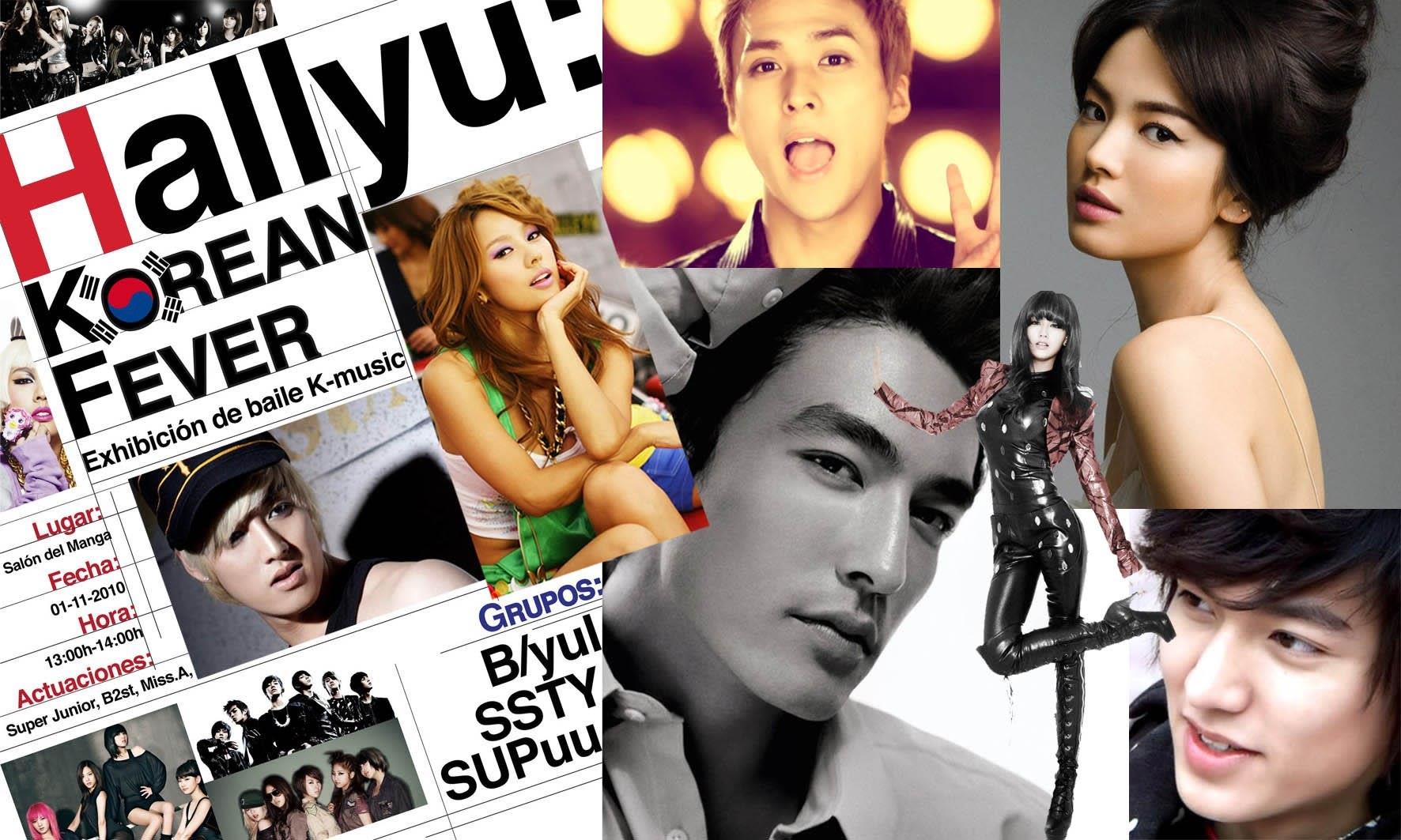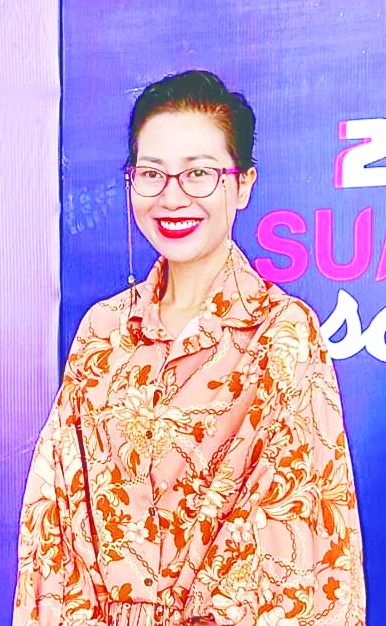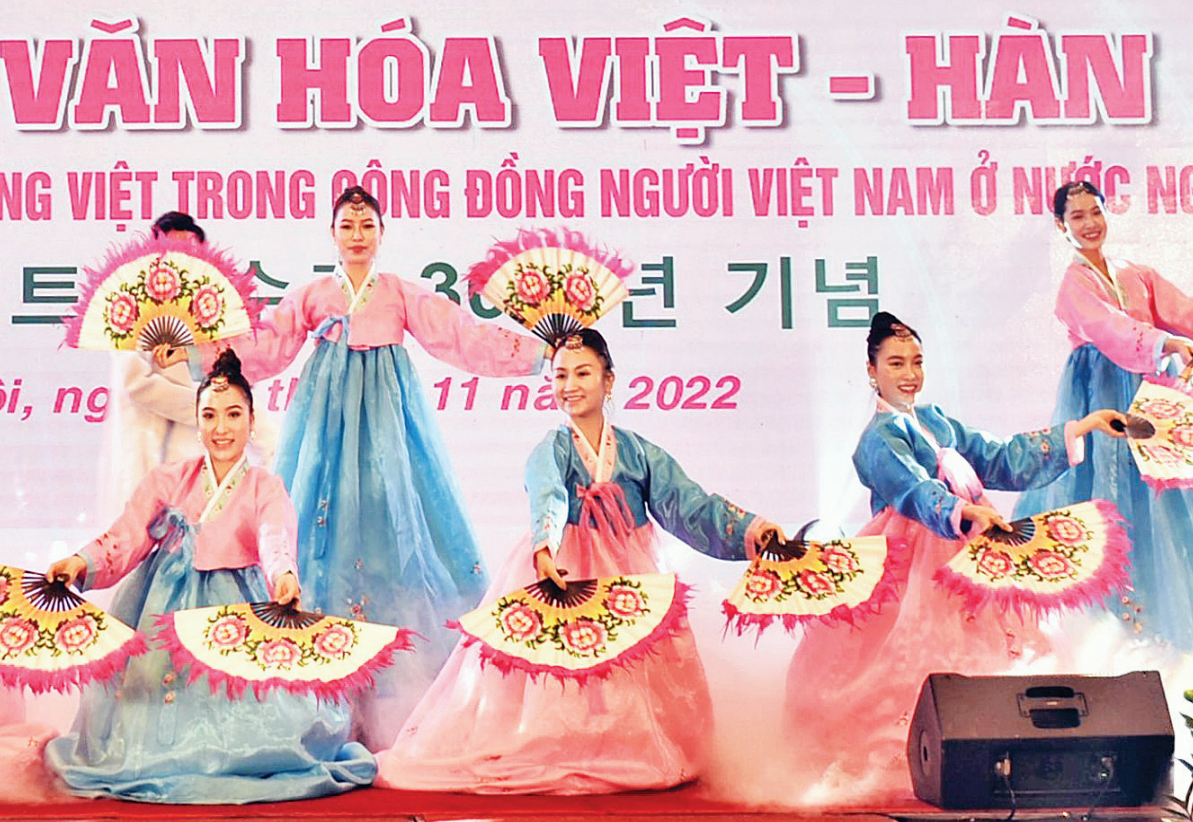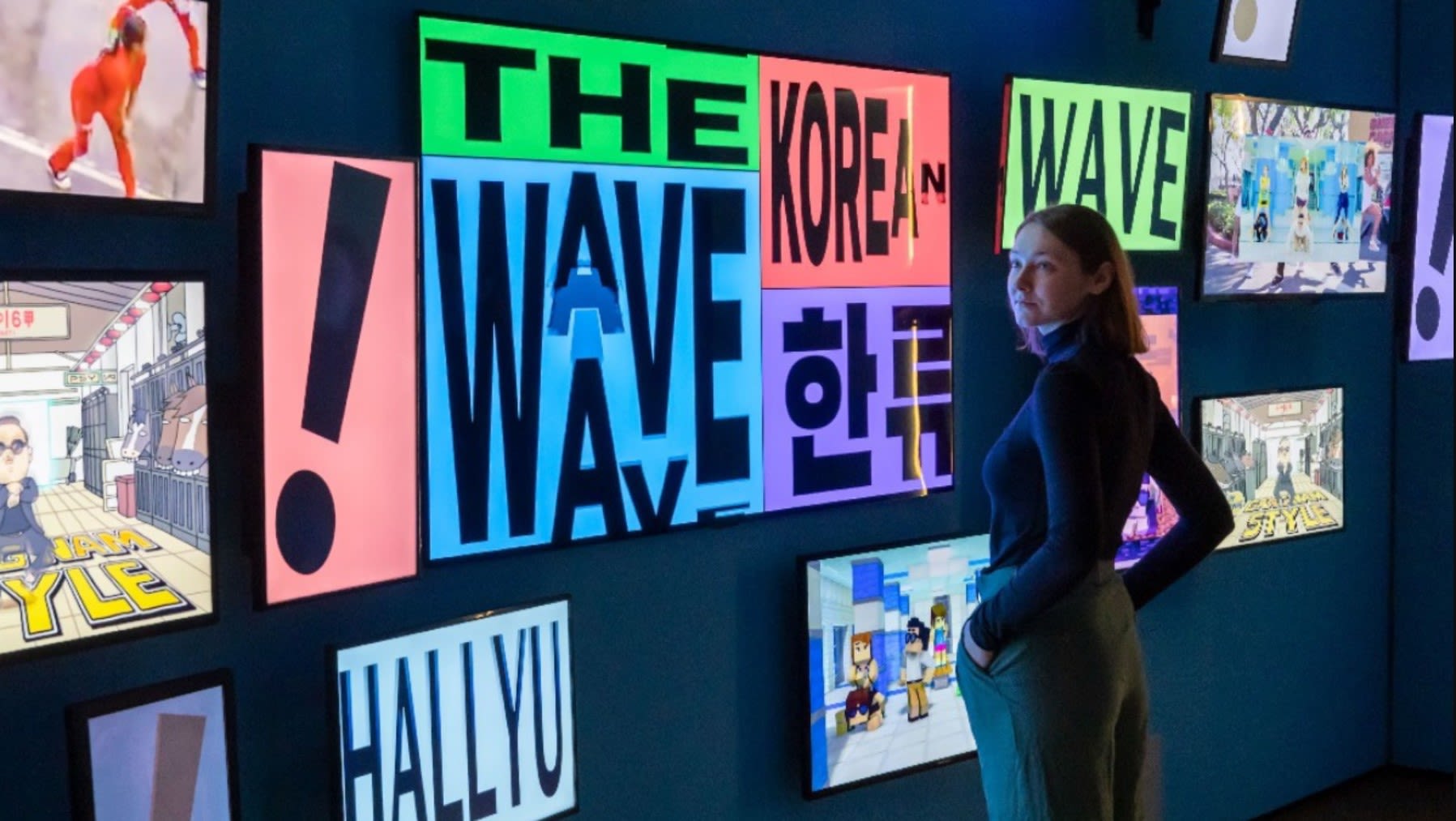
For years, the Republic of Korea’s success with its culture industry development strategy to create its national brand and soft power has been regarded as a model for many countries. With its own cultural characteristics, what can Vietnam learn from a country which is strongly supporting and closely connected with Vietnam? We had a conversation with Dr Dang Thieu Ngan, Deputy Editor-in-chief of Korea Magazine and Vice Chair of the Korean Research Association of Vietnam on this topic.
Many countries, including powers on traditional culture, have regarded the Republic of Korea’s national image promotion strategy as an exemplary path. From the research and your own experience, what do you think are the factors behind that path?
There is a phrase which appeared in the New York Times in November 2021 that success does not come overnight, which provides a good answer to this question. Korea’s path of exporting culture, or its soft power, was determined to be a long road right from the beginning as it emerged from an economic recession and wanted to build a strong and developed country.
The RoK Government has established many different cultural policies, as diverse as economic development policies. A famous story recalls that the advisory committee on science and technology told the RoK President in the 90s, that the revenue of the Hollywood movie “Jurassic Park” was as large as the RoK’s export revenue of more than 1.5 million Hyundai cars. From this vivid example, the RoK government researched and introduced policies to promote the cultural industry, mainly focusing on export activity.

Hallyu cultural wave. (Photo: habkorea.net)
Hallyu cultural wave. (Photo: habkorea.net)
Since 1998, the RoK has announced a Hallyu development plan to enhance the value of the Korean cultural industry, expanding the budget from 14 million USD in 1988 to 84 million USD in 2001. The government also subsidises RoK cultural start-ups, invests in development initiatives in the field, and enacts laws to protect their domestic cultural market (the Basic Law for Cultural Industries’ Promotion, Online Digital Content Industry Development Act, Film Promotion Law, and others). It can be said that the Korean Government sees Hallyu as a source of revenue through increasing exports and tourism, and they can expand into other export items, such as online games, beauty and fashion products.

Dr Dang Thieu Ngan (Photo: NDO)
Dr Dang Thieu Ngan (Photo: NDO)
Promoting the country’s image through culture has been a focus of Vietnam for decades, but the results obtained are somewhat modest. What is your opinion on this issue?
I think that each country and each society will have different audiences, with different tastes. In Vietnam, it can be seen that entertainment products which bring laughter, tend to attract larger audiences than works with profound philosophies and views on life, due to the audience of this kind of product being larger. I find it unfortunate that we do not have enough economic potential to support original Vietnamese cultural creators to freely bring the thoughts and culture of the Vietnamese people into their works, instead of forcing them to follow the crowd to ensure revenue.

A cultural exchange programme between Vietnam and the Republic of Korea (Photo: Khanh Linh)
A cultural exchange programme between Vietnam and the Republic of Korea (Photo: Khanh Linh)
The second thing is the human factor. Every year we train creative people and people working in the cultural field, but the output for them is quite limited and does not guarantee a living income. Those who are trained have not yet experienced a truly ideal environment and some people give their best to help them reach the “elite” level. I hope that we will have more cultural support policies, along with cultural orientation and management laws, so that works are created with the right focus - understanding tastes - carrying the original value of Vietnam.
What can Vietnam learn from the Republic of Korea (RoK)'s successful experiences, in our country’s current condition, in your opinion?
As I had said above, if cultural promotion is truly considered a strategy for national development and we want to learn from the RoK’s experience, the Government will have strong financial support to invest in culture with a long-term vision. We can refer to the world's cultural products and forms; however, we should develop original Vietnamese values and have detailed and clear laws from the beginning, to encourage creators to show their best.
Last but not least, I hope the Vietnamese audience can open their hearts to receive excellent Vietnamese cultural works and become ambassadors promoting Vietnamese culture to the world.
Towards the goal of cultural export, what choice should Vietnam make, in your opinion?
The RoK has selected and divided key industries to develop in different stages, in the cultural export strategy. In the early stages of Hallyu 1.0, the RoK focused on developing films (cinema, television), attracting the attention of the Asian region - their geographical area according to the concept of "first distance, second speed". In the Hallyu 2.0 era, they invested heavily in K-Pop with the scope of development in Asia, spreading to other continents such as Europe, and America (South America and America) with additional channels from the internet such as YouTube, and SNS (Twitter, Facebook, Instagram).

Exhibition with the theme Hallyu - Korean Cultural Wave at Victoria and Albert Museum, London, England, September 2022. Source: Victoria and Albert Museum
Exhibition with the theme Hallyu - Korean Cultural Wave at Victoria and Albert Museum, London, England, September 2022. Source: Victoria and Albert Museum
With the Hallyu 3.0 period (from 2010 to the present), the RoK defines "Korean Culture" (K-Culture) as a cluster for them to "take over" countries around the world, increasing appearances on local television systems, on the internet and including OTT content platforms such as Netflix and Disney+.
To know how to choose the development stages and target products of that stage, we must rely on a lot of market research, trend forecasts, and the country's potential. If we take very methodical actions in such a direction, I believe the choices made will be correct.
Thanks for sharing.
Published:: October 2023
Design: Trung Hung
Photo: NDO